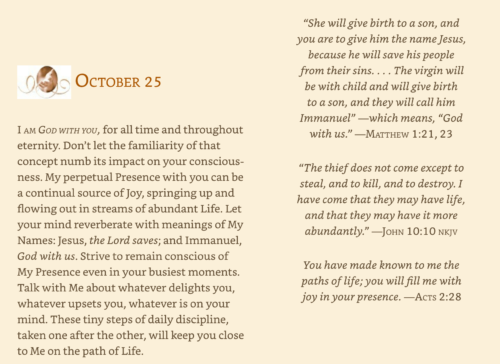Women Working for Peace
Nobel Peace Prize winner Leymah Gbowee founded a women’s nonviolent peace movement that helped stop the second Liberian civil war in 2003. One night she heard a clear spiritual call:
I had a dream.
I didn’t know where I was. Everything was dark. I couldn’t see a face, but I heard a voice, and it was talking to me—commanding me: “Gather the women to pray for peace!”. . .
In some ways, that dream [and] that moment, were the start of everything. We knelt down on the worn brown carpet and closed our eyes. “Dear God, thank you for sending us this vision,” said Sister Esther. “Give us your blessing, Lord, and offer us Your protection and guidance in helping us to understand what it means.”
My dream became the Christian Women’s Peace Initiative. In April 2002, about twenty Lutheran women from local churches gathered to follow the message I’d been sent, praying each Tuesday at noon in the small upstairs chapel of the St. Peter’s compound. Sometimes we fasted. Soon, other church women heard what we were doing and began to join us. “Jesus, help us. You are the true Prince of Peace, the only one who can grant us peace.” . . .
We lived in a closed, guarded box, and the most ordinary acts could bring down terrible punishment. . . . Nobody seemed willing to do anything. . . .
Now, finally, we women were going to take action.
Gbowee describes the tireless efforts of organizing for peace in a country that had undergone immense suffering, violence, and corruption:
Three days a week for six months, the women of WIPNET [Women in Peacebuilding Network] went out to meet with the women of Monrovia; we went to the mosques on Friday at noon after prayers, to the markets on Saturday morning, to two churches every Sunday. . . . We gave all our sisters the same message: Liberian women, awake for peace! . . .
It wasn’t always easy. Women who have suffered for nearly as long as they can remember come to a point where they look down, not ahead. But as we kept working, women began to look up and listen. No one had spoken to them this way before.
We handed out flyers: WE ARE TIRED! WE ARE TIRED OF OUR CHILDREN BEING KILLED! WE ARE TIRED OF BEING RAPED! WOMEN, WAKE UP—YOU HAVE A VOICE IN THE PEACE PROCESS! . . .
As the women of WIPNET gathered together, my fear, depression and loneliness were finally, totally, wiped away. Others who felt the way I did stood beside me; I wasn’t alone anymore. And I knew in my heart that everything I had been through, every pain, had led me to this point: leading women to fight for peace was what I was meant to do with my life.
